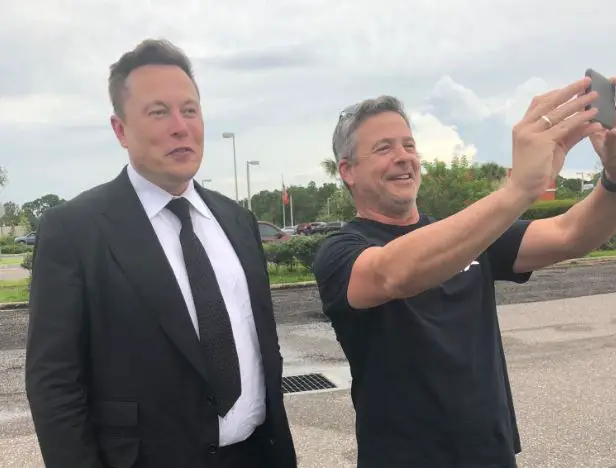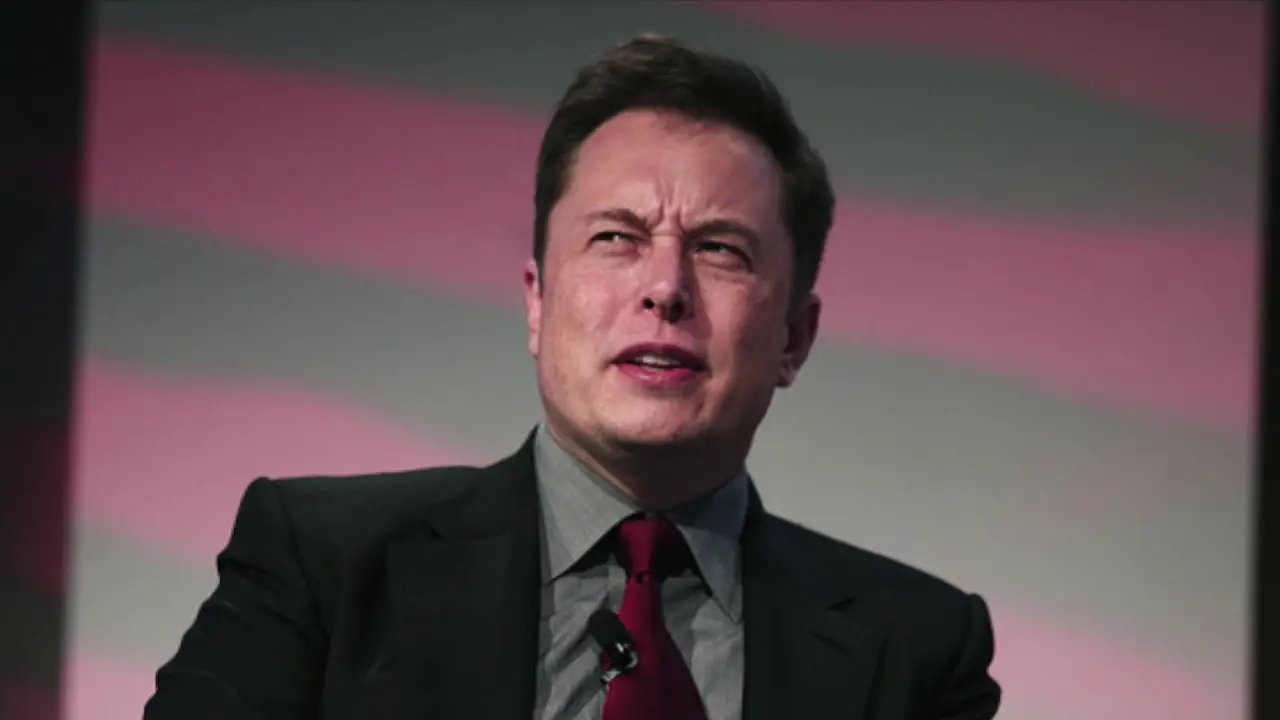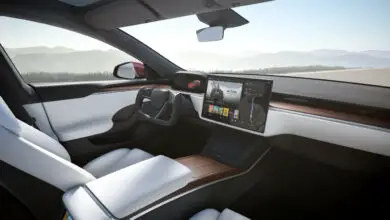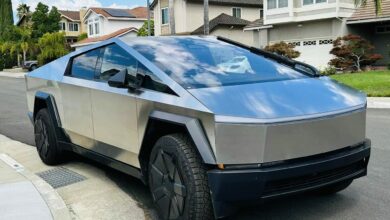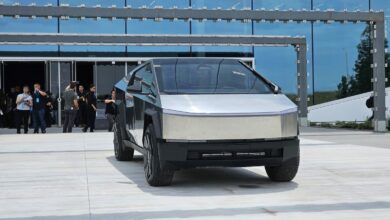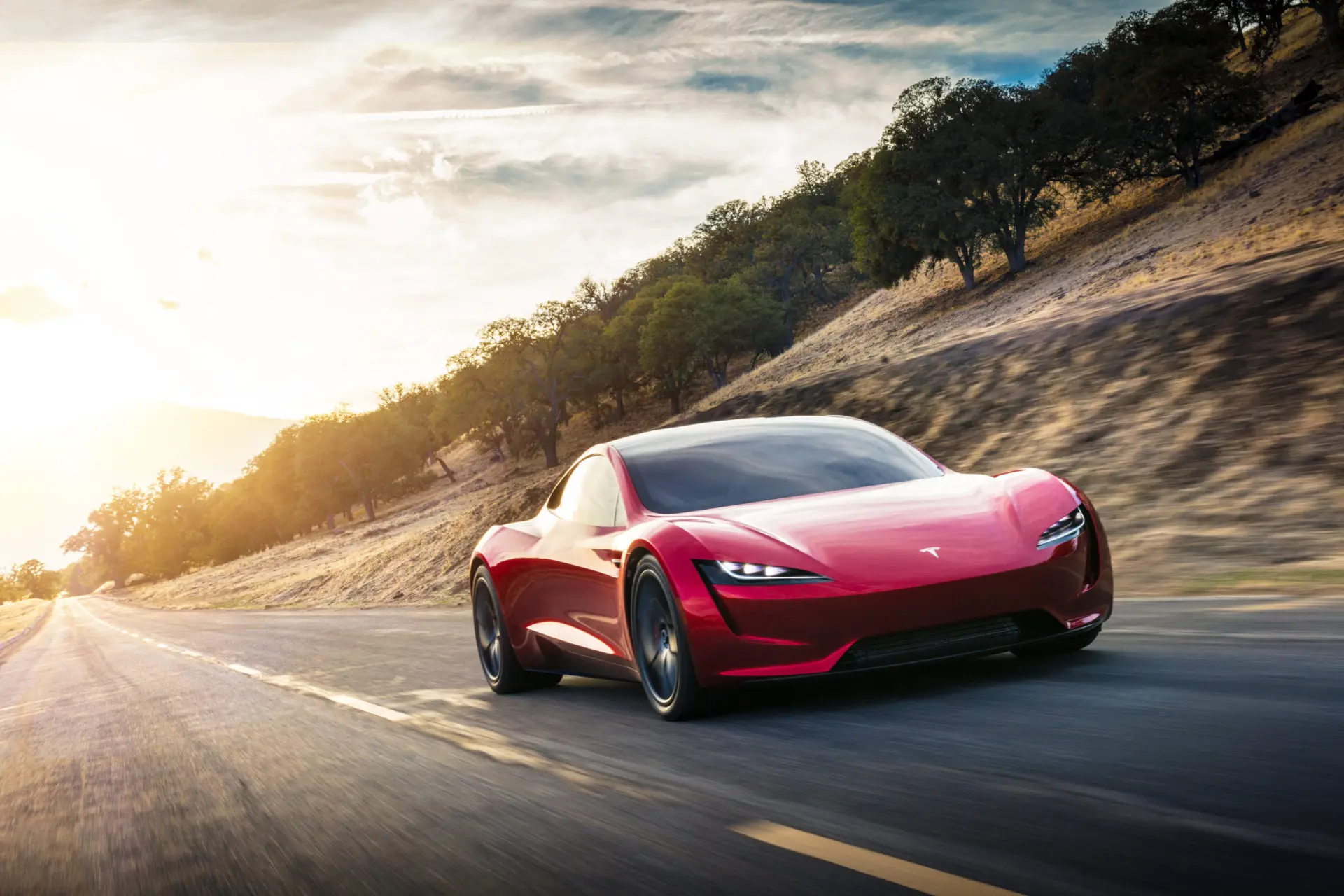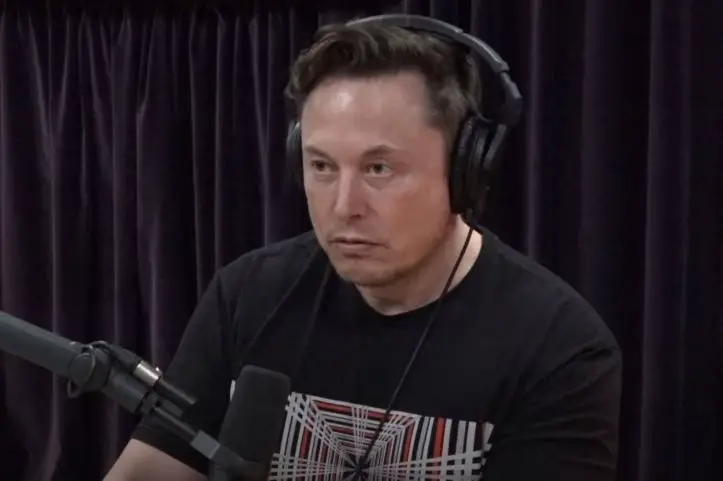
Tesla Must Pay $137 Million In Damages To Employee After Racist Harassment Case
Tesla must pay $137 million in damages to a black former elevator operator who experienced racial harassment and prejudice at the firm’s Fremont plant after it was ruled by a jury in California.
According to CNBC and The Washington Post, Owen Diaz worked at the facility as a contractor between June 2015 and May 2016. According to reports, Diaz stated that n-words were used “on a daily basis,” that racist graffiti and cartoons appeared on his desk and in the restrooms, and that he was instructed to “go back to Africa” by coworkers.
Some days, according to Diaz, supervisors failed to immediately intervene when things went wrong, and the stress of the scenario caused him to lose weight and have ” sleepless nights.” He told the jury, as reported by Bloomberg News: “On some days, I would just sit on my stairs and cry.”
The decision is unique in several ways. First, because of the large number of punitive damages awarded by the court ($130 million). “I believe that’s the biggest verdict in an individual race discrimination in an employment case,” David Oppenheimer, a clinical professor of law at Berkeley Law, told Bloomberg. And secondly, because it took place in an open courtroom. Tesla often forces employees to accept mandatory arbitration to resolve workplace issues; as a result, they can’t directly sue the firm.
Activist Tesla shareholders have long complained Tesla’s use of arbitration:
“The use of mandatory arbitration provisions limits employees’ remedies for wrongdoing, precludes employees from suing in court when discrimination and harassment occur, and can keep underlying facts, misconduct or case outcomes secret and thereby prevent employees from learning about and acting on shared concerns,” said one group, Nia Impact Capital.
Despite this, Tesla has been accused of racial discrimination and harassment at its Fremont factory. According to reports, Tesla paid $1 million to another former employee, Melvin Berry, who claims he was called the n-word by a manager. The company is currently facing a class-action lawsuit alleging racism at the facility.
In response to Tuesday’s decision in Diaz’s case, Tesla vice president of people Valerie Capers Workman sent an email to staff that was later published as a blog post.
Workman claims that when Diaz complained about harassment, “Tesla stepped in and made sure responsive and timely action was taken,” but she also acknowledges a slew of issues, noting that “the Tesla of 2015 and 2016 (when Mr.Diaz worked at the Fremont factory) is not the same as the Tesla today.” Workman did not indicate whether or how Tesla intends to appeal the decision.
